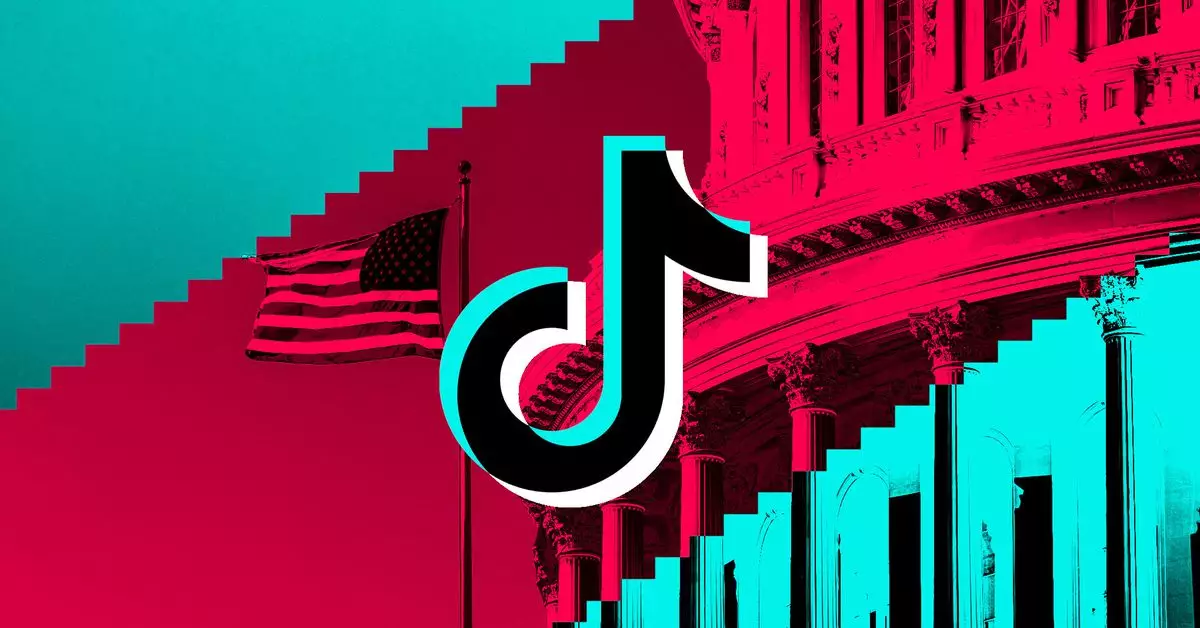In a surprising turn of events, President Donald Trump has issued an executive order impacting TikTok, the popular social media app that faces scrutiny over its Chinese ownership. The order, which aims to pause the enforcement of a legal standard requiring TikTok’s parent company, ByteDance, to divest its stake in the app, threatens to reshape the path forward for both the company and American technology giants involved with it.
Presidential Power and Legal Ambiguities
On the surface, Trump’s order seems to enable the Department of Justice (DOJ) to sidestep the joint bipartisan legislation known as The Protecting Americans from Foreign Adversary Controlled Applications Act. This law includes a tight deadline for ByteDance to sell its interests or face severe penalties. By effectively delaying enforcement for 75 days, Trump seeks to carve out space for his administration to reassess the legal landscape surrounding TikTok’s operations in the United States.
However, this gamble raises several critical questions about the president’s authority to override such laws. The ambiguity surrounding the extension period is notable; while the Act provides for a 90-day extension, it specifically stipulates that this is contingent upon ByteDance negotiating a sale to a non-adversarial entity. Thus far, no such arrangements have been disclosed. Consequently, some legal scholars argue that Trump’s executive order may not hold up in court, casting a shadow of uncertainty over the operations of TikTok stateside.
In a time where tech giants like Apple and Google are intertwined with TikTok through their app marketplaces, this executive order presents a complicated dilemma. Despite Trump’s assurances, these companies recoil from the potential repercussions of non-compliance with the statute. The risk of incurring fines upwards of $850 billion—a consequence of bipartisan legislative action sanctioned by the courts—poses a significant deterrent for any company contemplating reinstating TikTok on their platforms.
The executive order might offer a degree of due process protection, but in reality, it is unlikely to shift the calculus for these tech corporations. With the looming threat of massive litigation, they must navigate the twin fears of alienating Trump and attracting monumental penalties that could cripple their financial status. As such, the scope of Trump’s assurances falls short in convincing major players to reverse their current stance on TikTok’s status in app stores.
Public Reception and Political Ramifications
Public sentiment surrounding TikTok has become increasingly polarized. On one hand, many users revel in the app’s ability to create community and cultural phenomena via short-form videos. On the other, there is growing apprehension regarding data security and the influence of foreign entities on American user data. Trump has previously framed TikTok’s Chinese ownership as a national security threat, and the revival of his earlier stance to bolster the platform resonates both with his base and with skeptics wary of foreign interference.
The executive order’s vagueness only underscores the inherent contradictions in Trump’s approach to TikTok. While promoting a narrative of protectionism, his actions could be perceived as prioritizing business relationships over national security despite American interests at stake. Moreover, the potential for a “joint venture” where the U.S. government could own 50% of TikTok raises further questions about the practicality and implications of such a move.
With this executive order, Trump has opened a complex chapter in the ongoing saga of TikTok’s future in America. Whether this maneuver can overcome the potent constraints of the law remains a pivotal question. The legal framework governing foreign-controlled applications has substantial backing, including bipartisan support in Congress and approval from the highest court.
As attention turns toward the next steps for both TikTok and the legal entities surrounding it, the implications of Trump’s order will be felt far beyond mere corporate interests. The evolving narrative of data privacy, foreign influence, and technological collaboration in a divided America suggests that TikTok’s fate is tied up not just in the legal proceedings, but also in the intricate fabric of American socio-political dynamics. How these complications resolve will likely set a precedent not only for TikTok but also for the broader tech landscape facing similar scrutiny.

